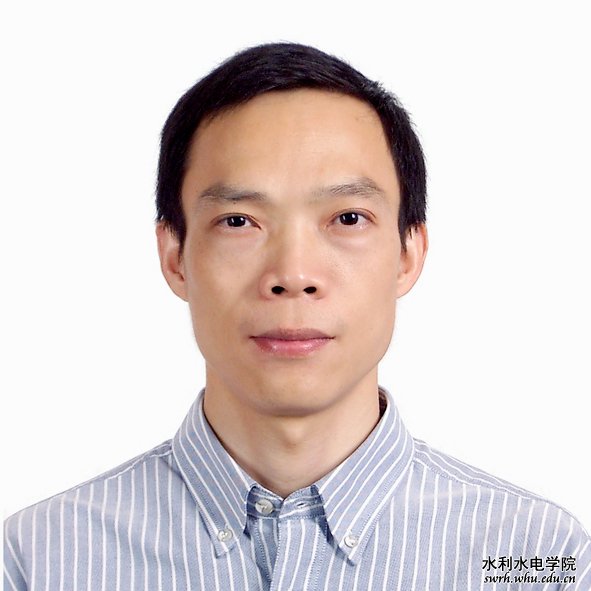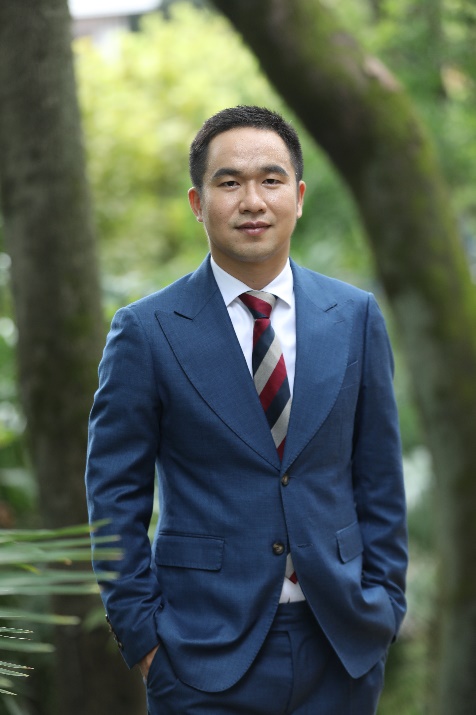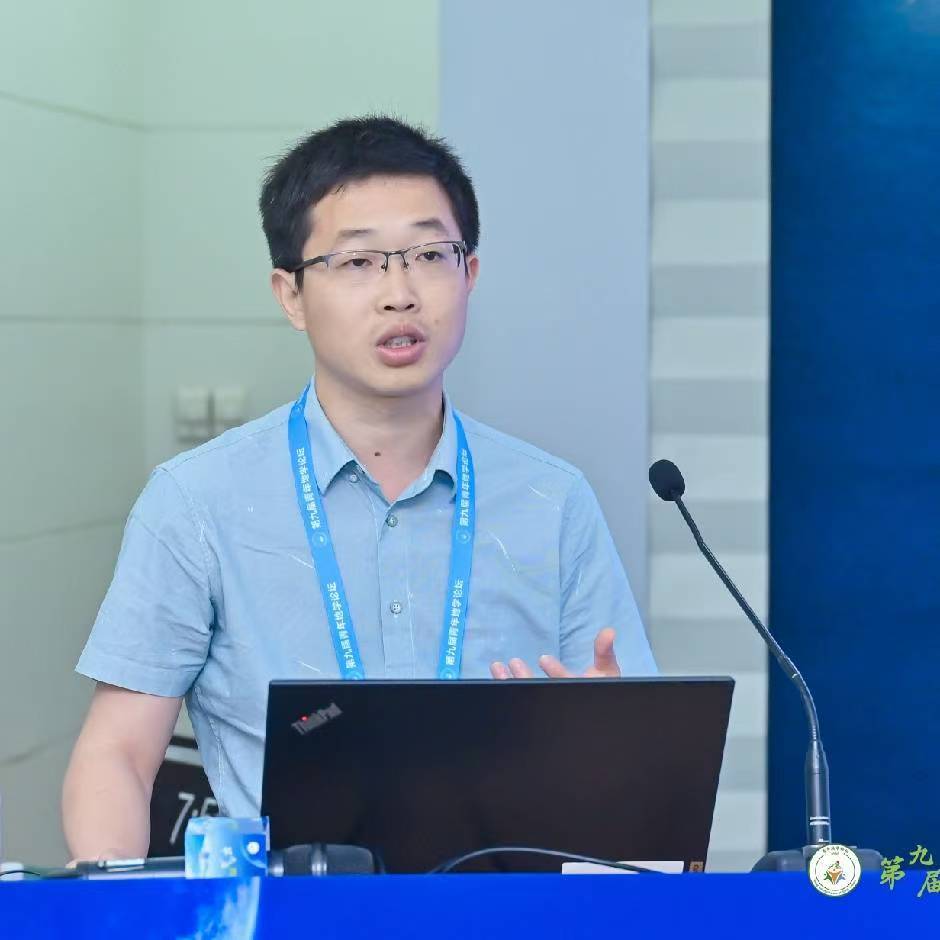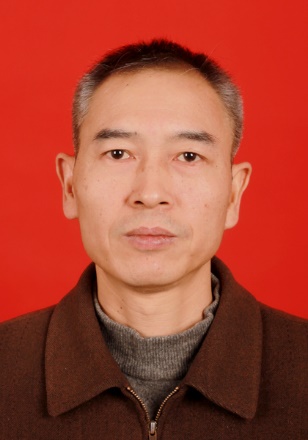


CUI Yuanlai, editor-in-chief of Water Saving Irrigation, and a member of the editorial board, is a professor (T2) and doctoral supervisor of Wuhan University. His main research interests include water-saving irrigation and its environmental effects, optimal planning and management of water resources systems, and modernization of irrigation and drainage systems. As a holder of The State Council Special Allowance and the Ministry of Education New Century Excellent Talent Support Program, he has received the First and Second prizes of National Science and Technology Progress Award once for each, and 18 scientific and technological awards at provincial and ministerial levels. He has presided over more than 120 projects, including key and general programs of the National Natural Science Foundation of China and 948 projects of the Ministry of Water Resources, published more than 360 papers (more than 100 SCI indexed papers), 5 monographs, 3 national and ministerial specifications, and more than 10 invention patents.

ZHA Yuanyuan, Deputy Editor-in-chief, associate professor, doctoral supervisor, Wuhan University. He received his bachelor's degree in Agricultural Water Conservancy Engineering from Wuhan University (2008) and his doctor degree in Water Conservancy and Hydropower Engineering from Wuhan University in 2014. From 2012 to 2015, he carried out joint training and postdoctoral research in University of Arizona, USA. From January 2016 to February 2020, he served as special associate professor at School of Water Resource and Hydropower Engineering of Wuhan University. He has been an associate professor since March 2020. He is mainly engaged in research and teaching related to groundwater, soil water and agricultural water environment. Main areas of interest include: 1. Efficient numerical algorithms for soil water, groundwater and solute transport: he has developed a non-iterative primary variable switching and related soil water efficient algorithms, which make up for the shortcomings of existing models, published four software copyrights, and applied it to the prediction of soil water and salt movement in Hetao and other large-scale irrigation districts in China; 2. Data Fusion, data assimilation and hydraulic tomography of soil water and groundwater: he uses data fusion algorithm for mine data value, identify model uncertainty factors and soil spatial structure and improve model prediction accuracy and reliability. Finally, it is applied to the prediction and management of groundwater over-exploitation in North China, agricultural non-point source pollution in the middle and lower reaches of Yangtze River, groundwater remediation at Tucson Airport, and thermal remediation of organic contaminated sites in China. 3. Precision agriculture: using new observation means such as satellites, unmanned aerial remote sensing and Internet of Things (IoT) soil water-heat-salt sensors, combined with crop mechanism models and machine learning and deep learning algorithms, he makes precise diagnosis and prediction of agricultural water-fertilizer management and crop response, and developed deep-learning-based software for identifying crop diseases and pests, which is integrated into the ET Agricultural Brain Management System. This is applied to water, fertilizer and medication management of crops such as sugar cane in Guangxi, rice in Hubei and lettuce in Fujian Province. He has published more than 100 papers and 2 monographs. As the project leader, he has presided over 3 National Natural Science Foundation projects (including 2 General Programs, 1 Youth Foundation), 2 national key research and development plan subprojects. He won the first Prize of Science and Technology Progress in higher Education institutions of the Ministry of Education, the third prize of Guangxi Science and Technology Progress Award, the outstanding doctoral thesis of Hubei Province. He was appraised as one of the 351 talents of Wuhan University, "Luojia Young Scholar", and honored as the young talents of the State Key Laboratory of Water Resources and Hydropower Engineering Science "Evolution Project" young talents. Also, he is the outstanding reviewer of Journal of Hydrology. He won first prize of "Water Conservancy Youth (English) Scientific Paper Competition" of Chinese Hydraulic Society, "Chutian Sholars" of Hubei Province and other awards and titles. He is deputy editor of Geofluids, an SCI Journal, reviewer of Water Resources Research and Journal of Hydrology.

ZENG Wenzhi, Deputy Editor-in-Chief, Professor, and PhD Supervisor at Hohai University. He received his Bachelor's degree in Engineering in 2010 and his PhD in Engineering in 2015 from the School of Water Resources and Hydropower Engineering, Wuhan University. From September 2013 to April 2015, he was a joint PhD student at the Department of Soil, Water, and Environmental Science, University of Arizona, USA. From November 2016 to April 2018, he conducted postdoctoral research at the Department of Crop Science and Environmental Resources, University of Bonn, Germany. He currently serves as the Associate Dean of the College of Agricultural Science and Engineering at Hohai University. His research fields include digital agriculture and artificial intelligence, with specific focuses on crop growth simulation, intelligent agricultural remote sensing, agricultural insurance, efficient utilization of water and soil resources, and the crop-water-fertilizer-salt coupling relationship. He has led 12 national and provincial-level research projects, including 3 General Program of National Natural Science Foundation of China and 1 Youth Fund of National Natural Science Foundation of China; 1 joint research project with the Sino-German Science Center of NSFC; 1 sub-project under China’s 14th Five-Year Plan for Key R&D; and 1 key scientific research project under Heilongjiang Province's "Jiebang Guashuai" initiative. He has published more than 80 academic papers in journals such as Journal of Hydrology, Field Crops Research, and Agricultural Water Management, with over 50 papers as the first or corresponding author in SCI journals. He holds 9 authorized national invention patents and 3 registered software copyrights. He has received special funding from the China Postdoctoral Science Foundation and was selected for the "Young Talent Support Program" by the China Association for Science and Technology. He serves as the Vice Chair of the Water Conservancy Popularization Working Committee of the Chinese Hydraulic Engineering Society and a member of the Youth Work Committee of the same society. He has close academic collaborations and exchanges with renowned scholars from universities in the United States, Germany, and other countries. He was awarded the Second Prize in the 9th Agricultural Water Conservation Technology Award (Basic Research category, as the first author) and has mentored students who won the National Silver Prize in the 8th China College Students' 'Internet+' Innovation and Entrepreneurship Competition and the National Grand Prize in the 3rd Hua Wei Cup National College Students Innovation Design Competition in Agricultural Water Engineering and Related Majors.

WU Songbai, Deputy Editor-in-Chief, PhD, Professor, and Master’s Supervisor at Northwest University. His research focuses on hillside hydrology and soil erosion dynamics. His major academic contributions include: (1) solving the problem of coupling simulation of gully morphology and hydraulic erosion in soil erosion studies, improving the prediction accuracy of hillside soil erosion; (2) explaining the underlying reasons for non-monotonic spatiotemporal dynamics, slope, and scale effects in runoff erosion through physical models, ensuring accurate prediction of runoff erosion in complex terrains or at the watershed scale; (3) improving the sand interception model for vegetation buffer strips and the rain-infiltration-runoff model under crusting conditions, which has significant application value for optimizing and evaluating vegetation restoration measures on the Loess Plateau. Based on this research, he has published more than ten papers as the first author in top-tier journals such as Water Resources Research. He has led several research projects, including NSFC general programs, youth fund, National Key R&D Plan sub-topics, and the China Postdoctoral Fund. He was selected for the Hong Kong Scholars Program under the China Postdoctoral Science Foundation, the Youth Innovation Team at Shaanxi Universities, and as an expert in flood control and emergency rescue technology in Shaanxi Province. He also serves as a youth editorial board member for Journal of Soil and Water Conservation. He has received several prestigious awards, including the Outstanding Presentation Award at the Chinese Hydrological Geography Academic Annual Meeting, the Early Career ISMC Presentation Award from the International Soil Modeling Consortium, the Hong Kong Scholar Award, the First Prize in Excellent Scientific and Technological Research Achievements in Shaanxi Higher Education Institutions in 2024, and the Second Prize for Geoinformation Science and Technology Progress in 2024.

Guan Liangbao, Deputy Editor-in-chief, associate senior editor, member of Rural Water Conservancy Professional Committee of China Water Conservancy Society, director of Hubei Province Editology Society for Science Periodicals, and director of Hubei Periodicals Association. He received his bachelor's degree in Electrical and Mechanical Drainage and Irrigation Engineering from Wuhan University (School of Water Resources and Hydro-power Engineering) in 1985, and completed the refresher course of information science at Wuhan University from 2001 to 2003. Since 1985, he has been engaged in editing of the journals China Rural Water and Hydro-power and Water Saving Irrigation, and became the Deputy Editor-in-chief of Water Saving Irrigation in 2010. He made a lot of contribution in the theory and practice of editing scientific and technical journals and the high-quality construction and development of journals, and has published 6 papers in domestic core journals.。